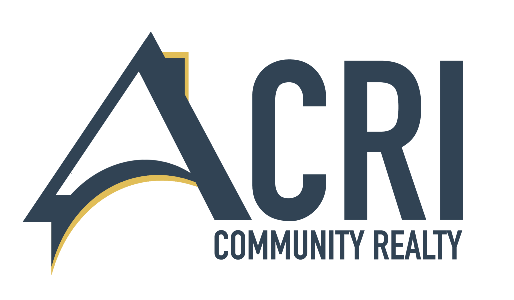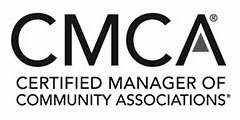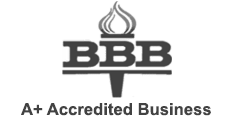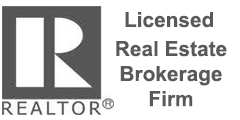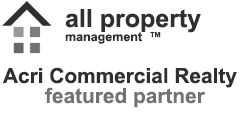Your association employs a highly-qualified professional community manager, and we think residents should know what the manager has—and has not—been hired to do. The manager has two primary responsibilities:
- To carry out policies set by the board.
- To manage the association’s daily operations.
Some residents expect the manager to perform certain tasks that just aren’t part of the job. When the manager doesn’t meet those expectations, residents naturally are unhappy. Since Acri wants you to be happy, we’re offering a few clarifications to help you understand what the manager does.
- The manager is trained to deal with conflict, but he or she will not get involved in quarrels you might be having with your neighbor. However, if association rules are being violated, the manager is the right person to call. If your association has an Acri website use the Violation Report Form and easily submit your concerns.
- While the manager works closely with the board, he or she is an advisor—not a member of the board. Also, the manager is not your advocate with or conduit to the board. If you have a concern, send a letter or e-mail directly to the board.
- Although the manager works for the board, he or she is available to residents. That doesn’t mean the manager will drop everything to take your call. The best way to communicate is with an email so requests can be tracked by both parties and sent to the Board if needed. If you need to see the manager, call and arrange a meeting. If a matter is a true emergency requiring emergency responders, call 911.
- Often your requests are not governed by your association, but are regulated by the city or township you reside in. Issues such as building permits, street parking, hostile dogs, feral cats and garbage collection are determined by your municipality.
- The manager is always happy to answer questions, but he or she is not the information officer. For routine inquiries, like the date of the next meeting, please read the newsletter or check the association website.
- The manager is responsible for monitoring contractors’ performance, but not supervising them. Contractors are responsible for supervising their own personnel. If you have a problem with a contractor, notify the manager, who will forward your concerns to the board. The board will decide how to proceed under the terms of the contract.
- The manager inspects the community regularly, but even an experienced manager won’t catch everything. Your help is essential. If you know about a potential maintenance issue, report it to the manager.
- The manager does not set policy. If you disagree with a policy or rule, you’ll get better results sending a letter or e-mail to the board than arguing with the manager.
- The manager has a broad range of expertise, but he or she is not a consultant to the residents. Neither is he or she an engineer, architect, attorney or accountant. The manager may offer opinions, but don’t expect technical advice in areas where he or she is not qualified.
- Although the manager is a great resource to the association, he or she is not available 24 hours a day—except for official community emergencies. Getting locked out of your home may be an emergency to you, but it isn’t an association emergency. An association emergency is defined as a threat to property. Again, if a matter is a true emergency requiring emergency responders, call 911.
